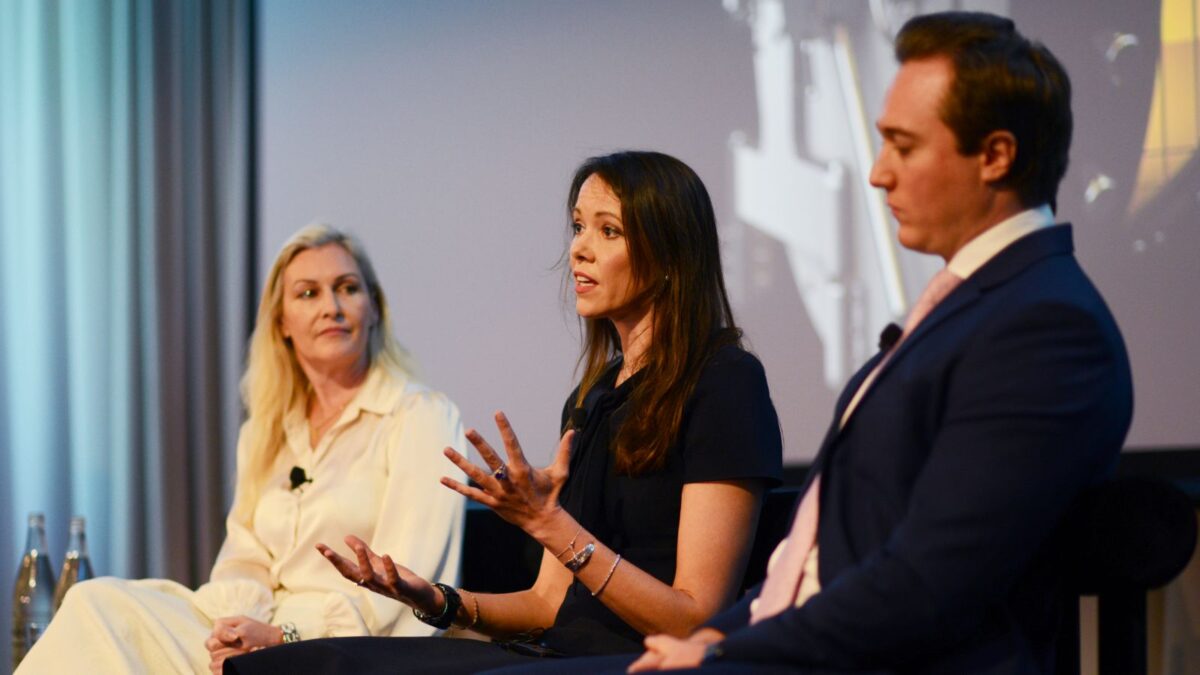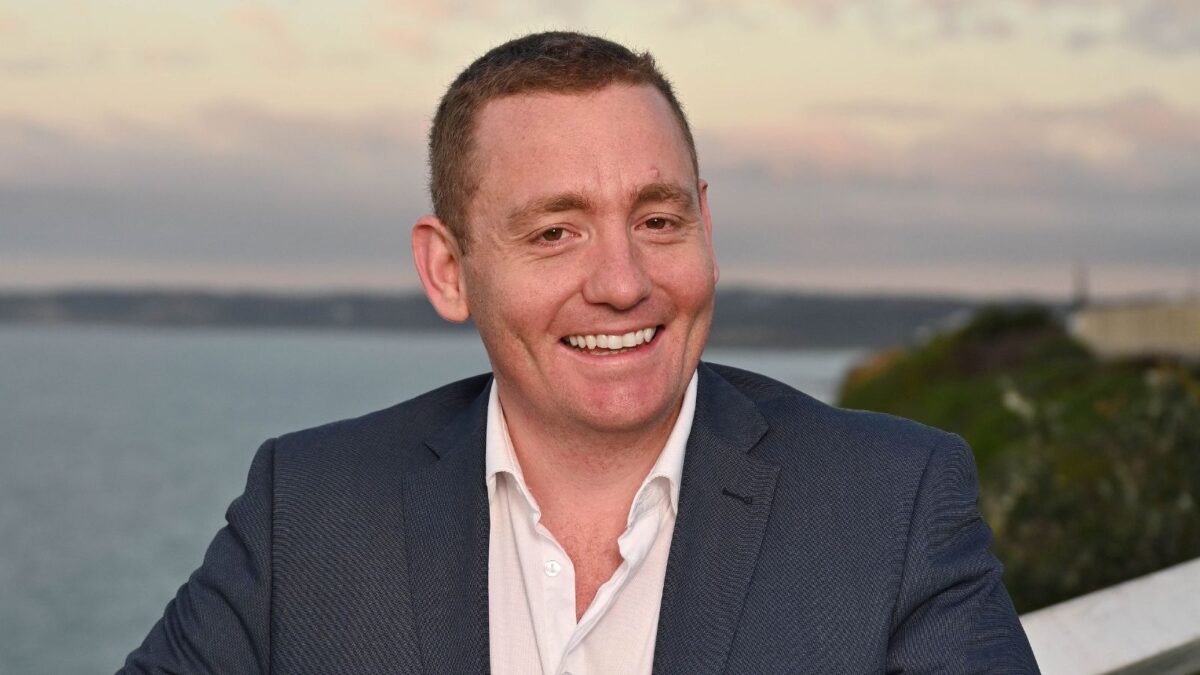Talking global bonds as the Fed starts to turn…
(pictured: Guy Cameron)
It is almost certain that the US will begin its long-awaited interest rate rises next week, marking the first by the Federal Reserve in nine years. For global bond managers like Cameron Hume, the size and speed of subsequent rises is more important.
Visiting Australia last week for the first time, Guy Cameron and Christian Torkington, both directors of the Edinburgh boutique, said that the consensus was that the world would not return to previous growth levels anytime soon. The theme was growth and inflation over the medium term.
“We’re active managers who look for positions within markets, not the direction of markets,” Cameron says. “The UK probably needs the Fed to move first on interest rates before it does… but it doesn’t really matter whether it’s December or February… There will have to be a hike at some point.”
Cameron Hume has joined with John Donovan’s AFM Investment Partners for representation in Australia, offering bespoke bond portfolios with positions on rates, credit, currencies and inflation. Clients choose the benchmark and agree on a target rate of return above it.
For one of its largest clients, the manager has set up two sub-portfolios for the US$170 million mandate. About 75 per cent of the money is run by Northern Trust to track the benchmark and 25 per cent actively managed to outperform by at least 2 per cent.
Northern Trust also provides backoffice and middle-office services for Cameron Hume, which was launched in 2011 and has only about US$400 million under management.
So with interest rates set to rise in major markets, does Cameron Hume need to sell the global bond asset class once more to institutional investors who will be concerned about the possibility of looming capital losses? Guy Cameron believes not.
“We work with clients to tailor what we can do to their requirements and whatever collection of market betas they may have… There is a hunt for returns rather than a hunt for yield,” he says. He does not believe that pension funds generally have gone too far out the risk curve in fixed interest because of the very low yields in traditional bonds.
“People are looking for new opportunities but mostly this is being done in equities and property and infrastructure. They are trying to balance their risks. Bonds for many people are a shock absorber.”
He shrugs off suggestions that there may also be a looming liquidity crisis for corporate credit market because the banks have largely withdrawn their previous facilities and proprietary trading operations due to regulatory tightening.
“The bond market has been around for 300 years… We need the market to function and there are various networks for that, like the new Liquidnet dark pool [for bonds – launched in Europe and the US only].”
Chris Torkington says the firm has signed up to the UNPRI protocol and is committed to backing this up through its processes. “It is just good practice,” he says.










